Abtract
This paper studies a Bayesian persuasion problem in a connected world. A sender wants to induce receivers to take some action by committing to a signal structure about a payoff-relevant state. I wonder how information provision is affected by a random network when signals are shared among neighbors. Receivers differ in their prior beliefs; the sender wants to persuade some receivers without dissuading the others. I present and characterize novel strategies through which the network is exploited. These strategies can prove useful if the network is sufficiently segregated. In such a case, connectivity can be beneficial to the sender. When some receivers are especially hard to persuade, exploiting the network becomes more attractive. A less informative signal structure which does not exploit the network is however preferred when the other receivers are especially hard to dissuade. Therefore, polarization has ambiguous effect on the informativeness of the optimal signal structure.
More information
Location :
Room 1Z71
Building North
ENS Paris-Saclay
4 avenue des Sciences 91200 Gif-sur-Yvette






